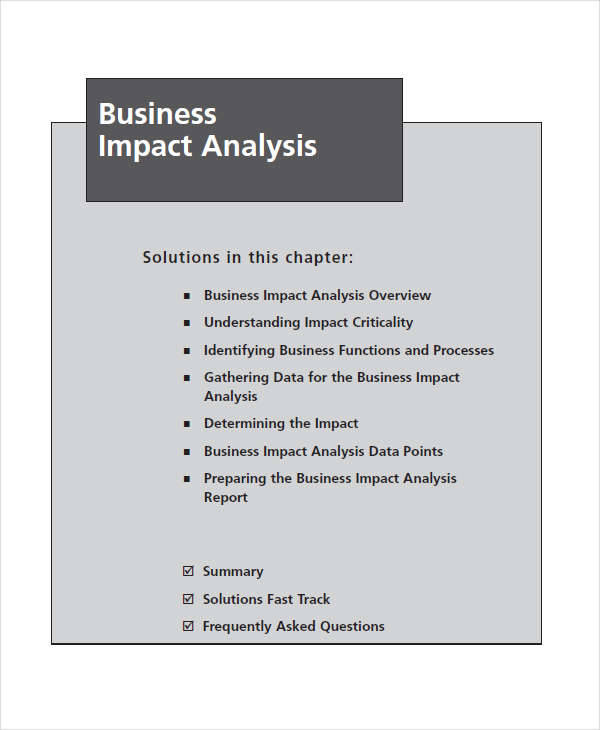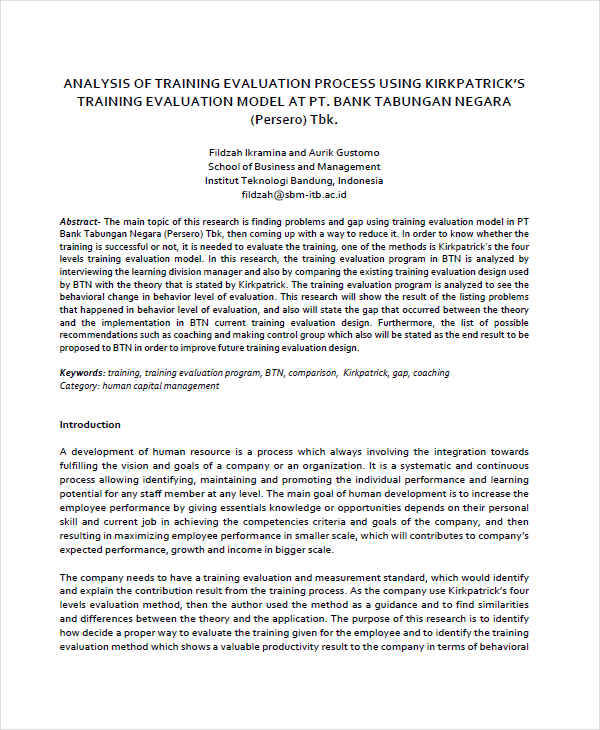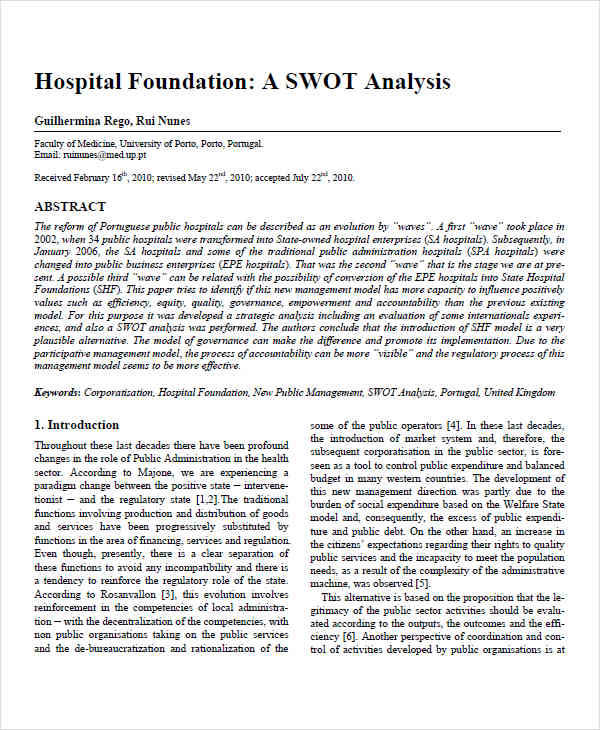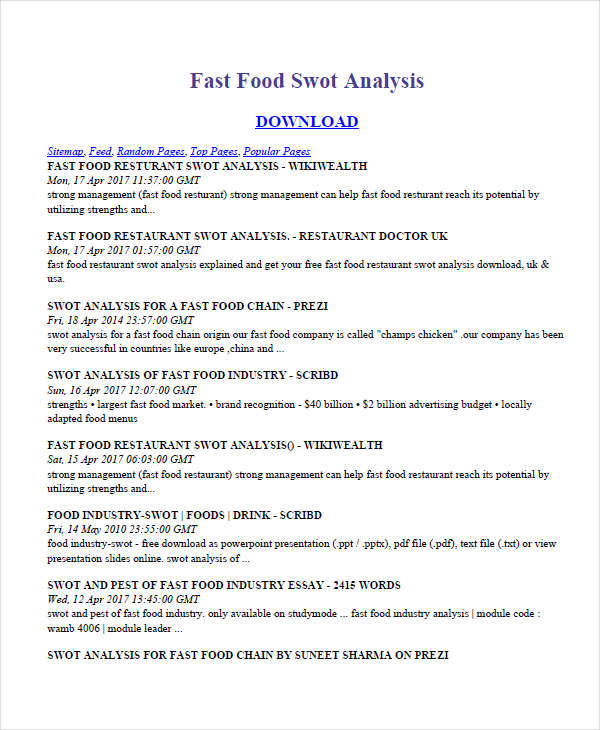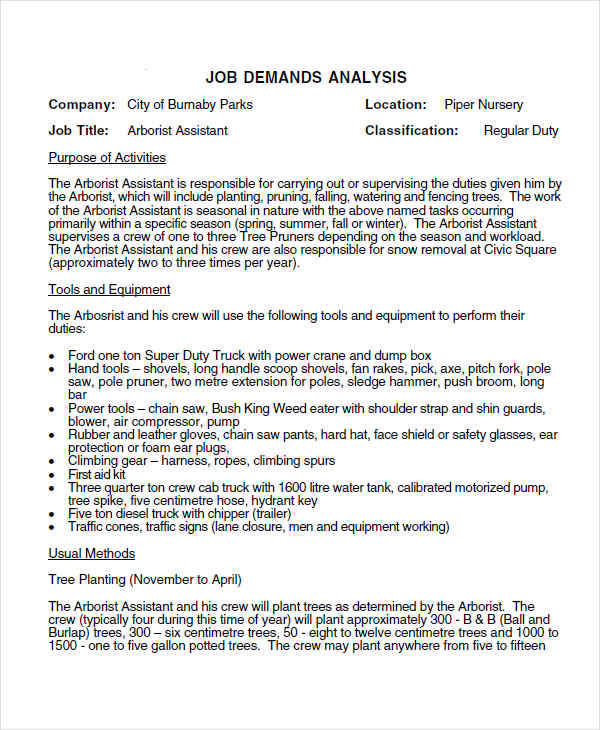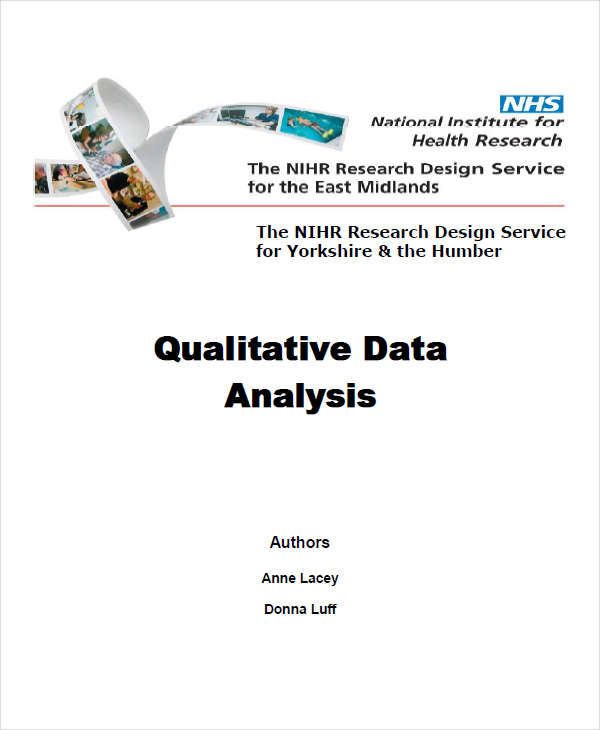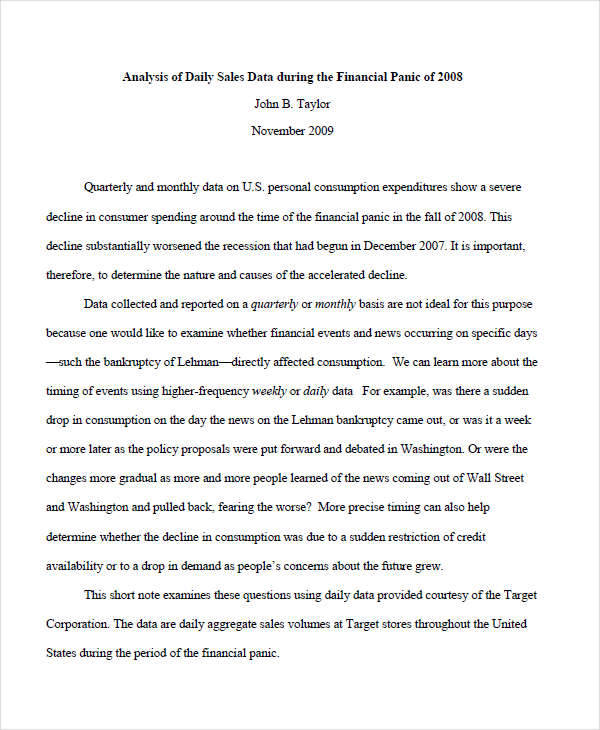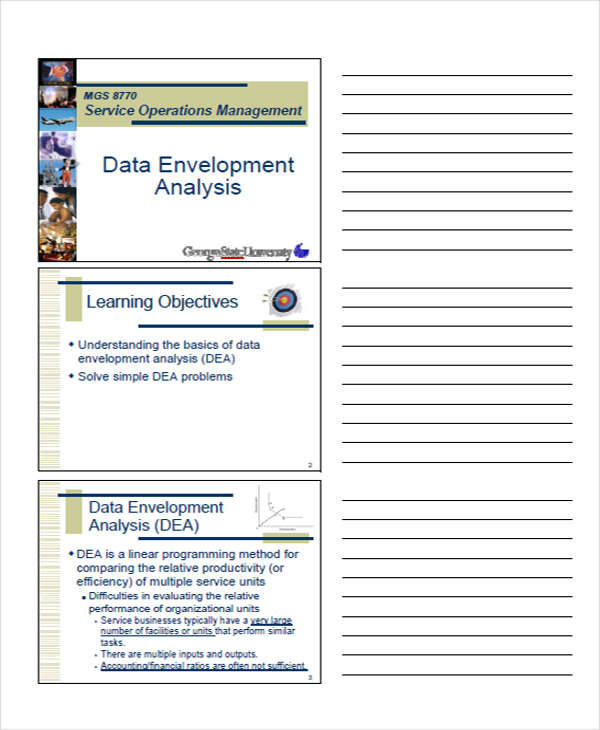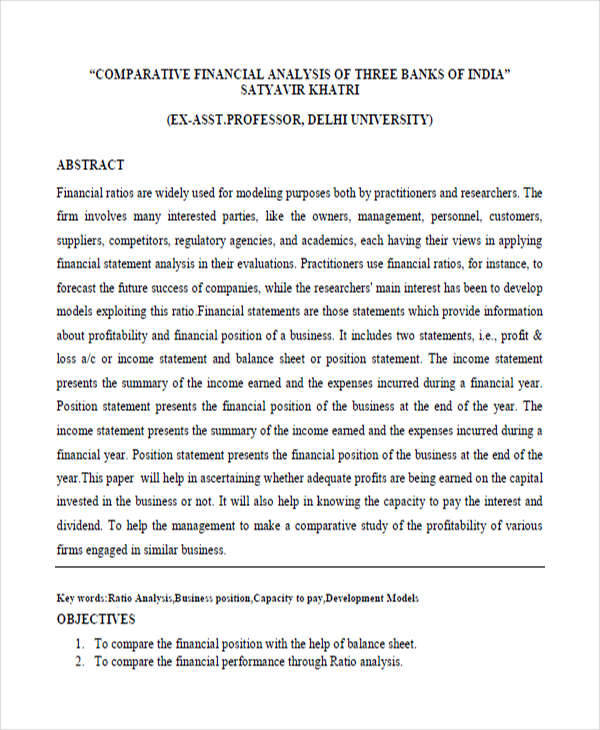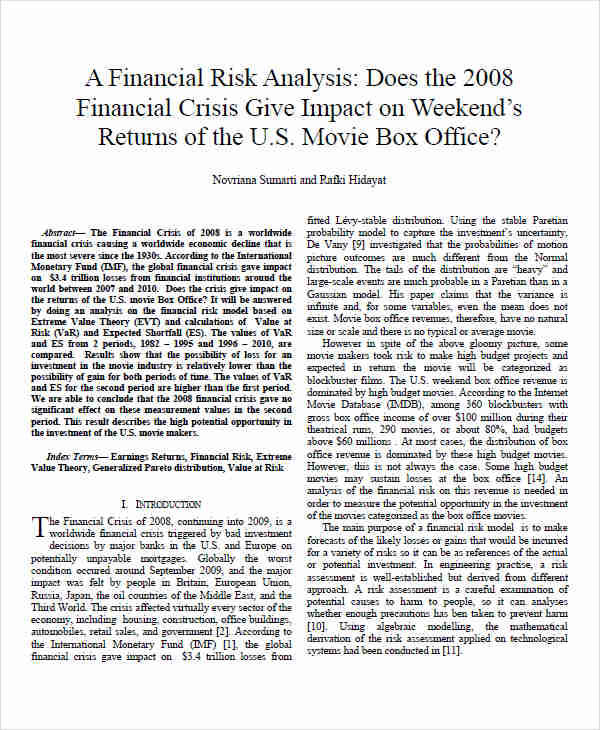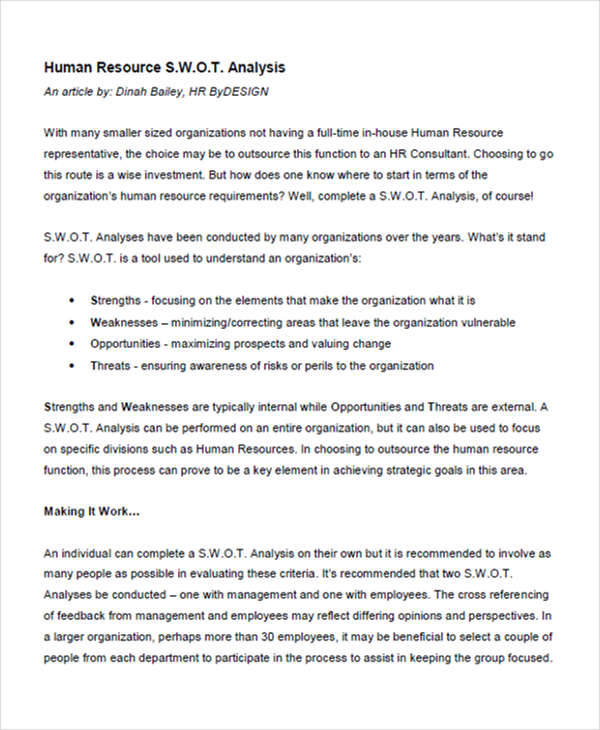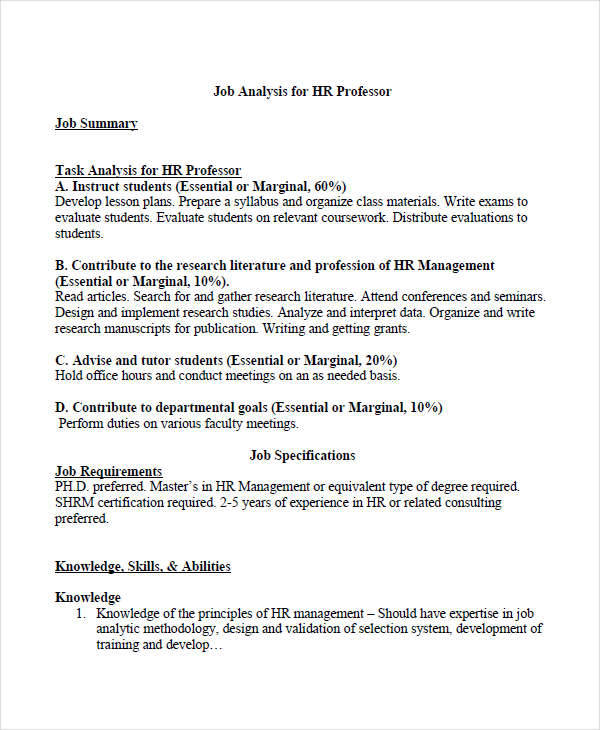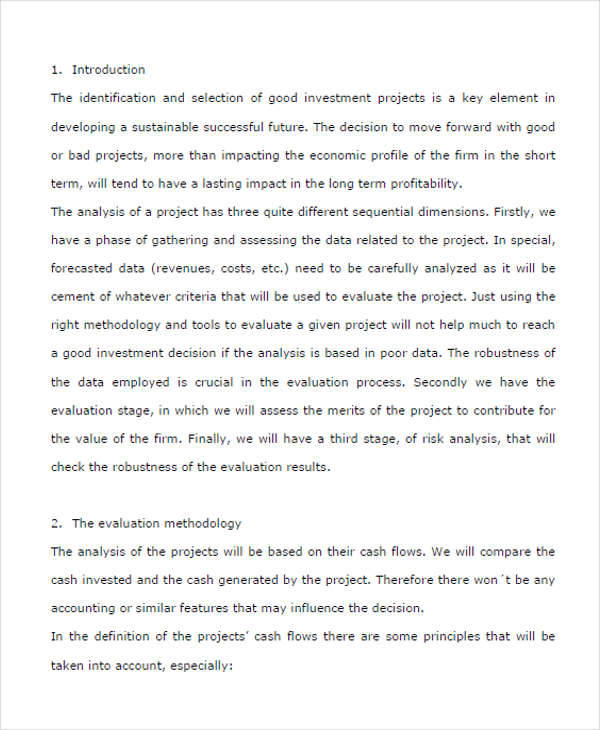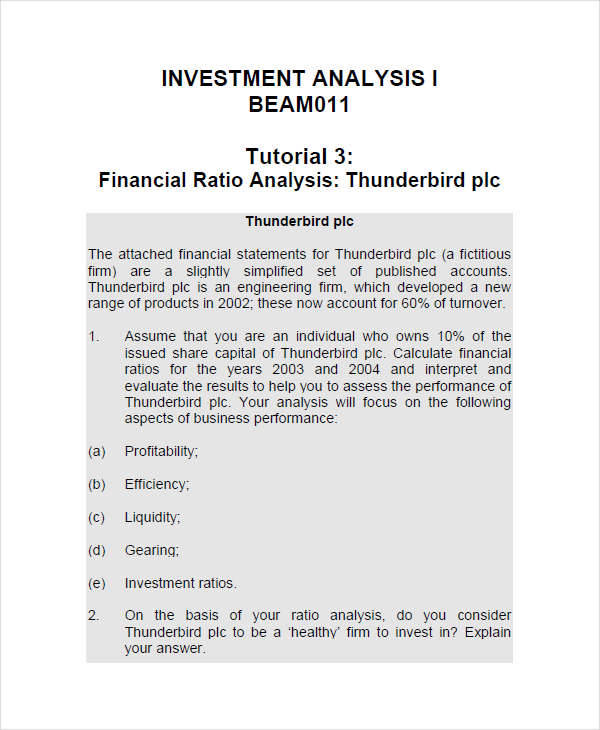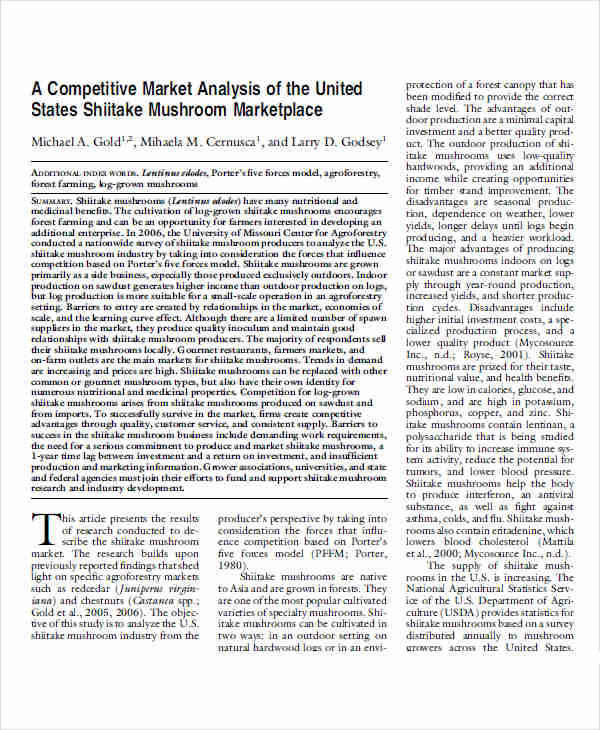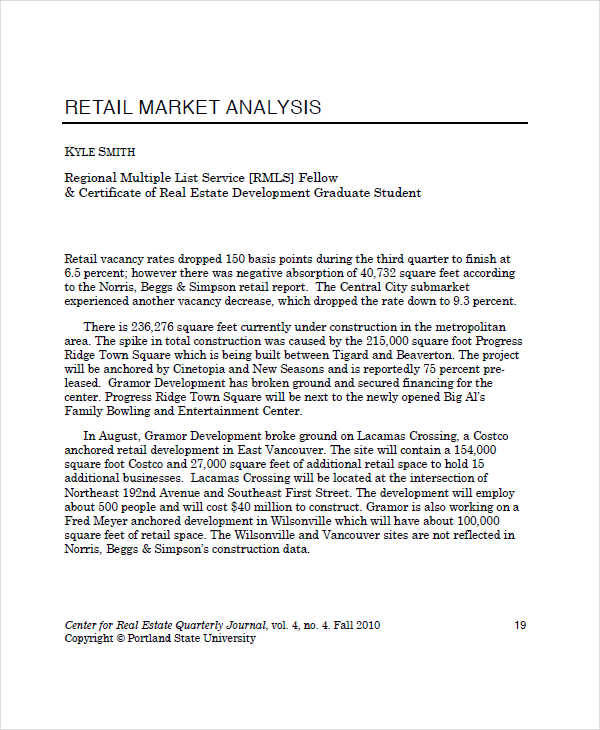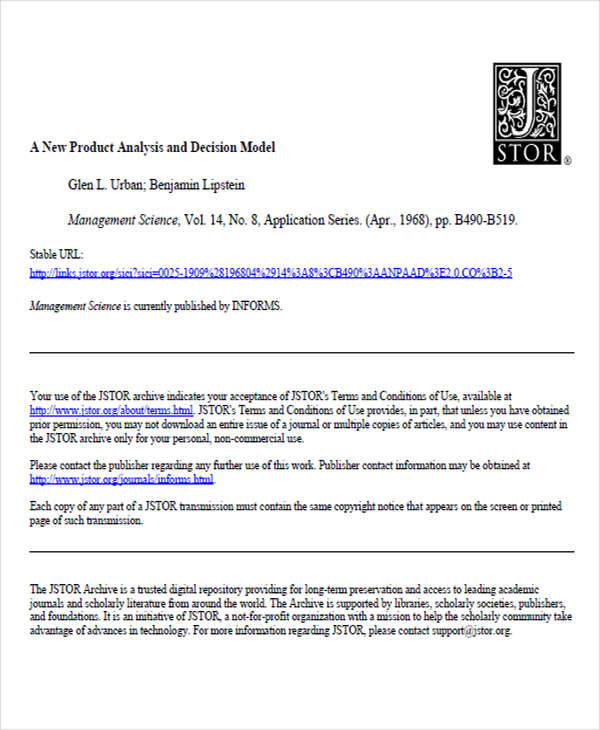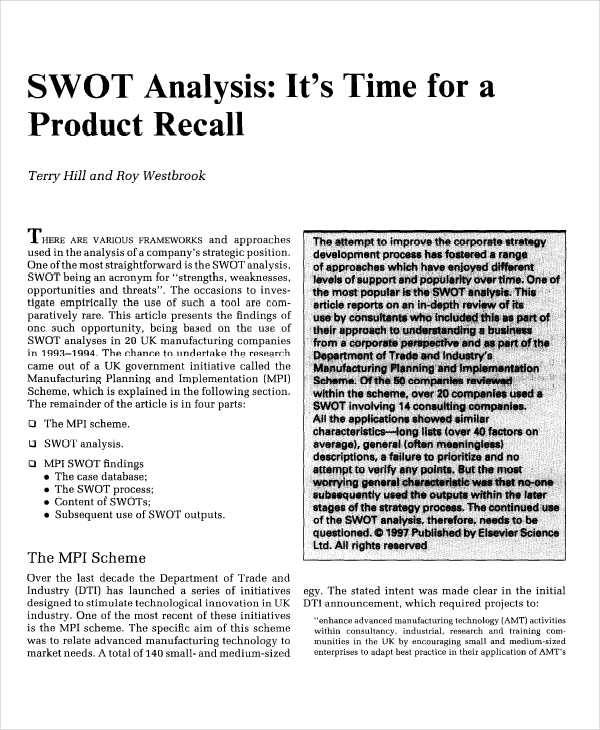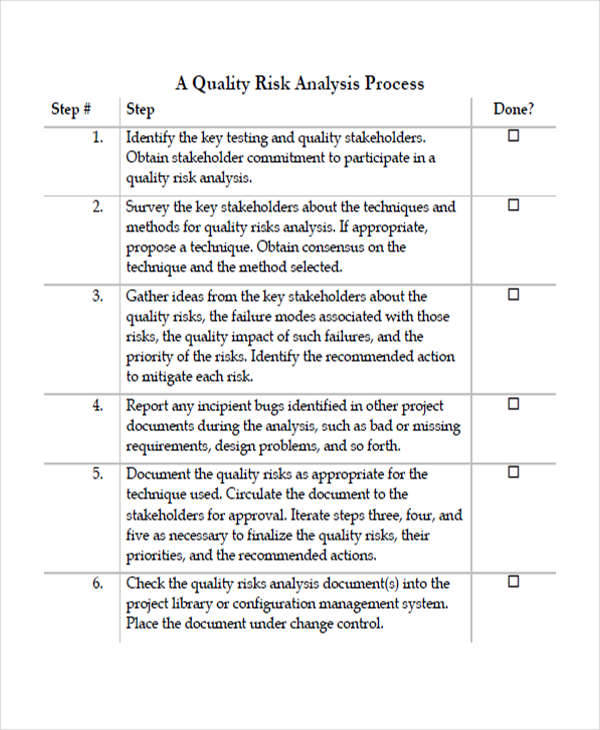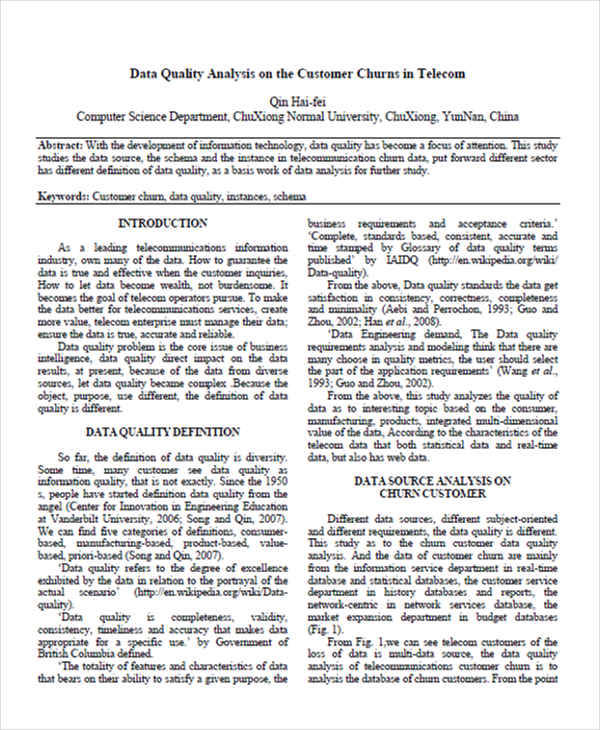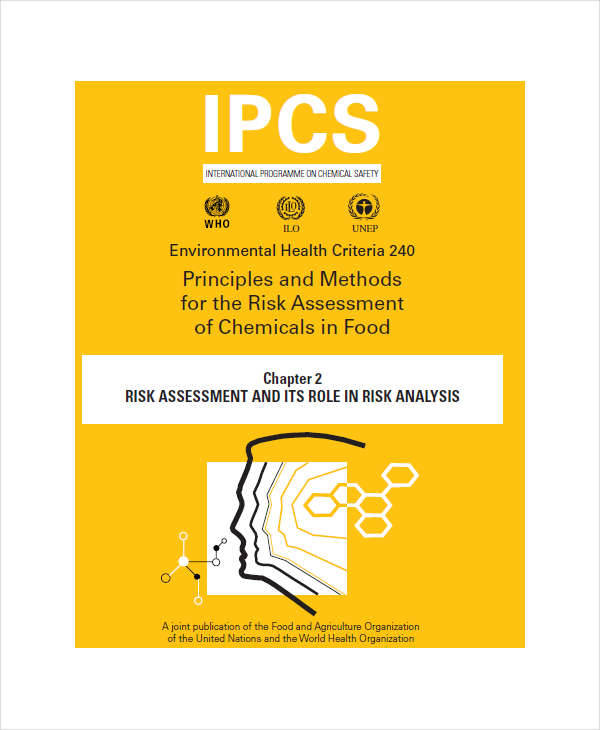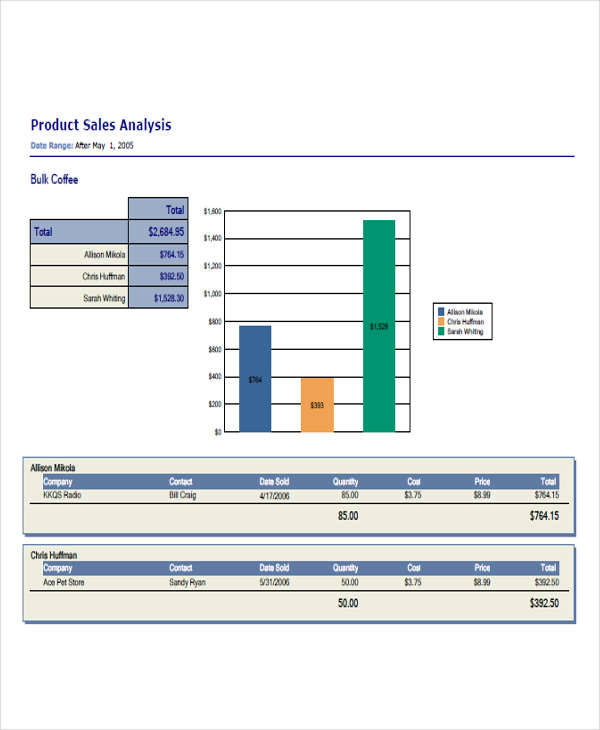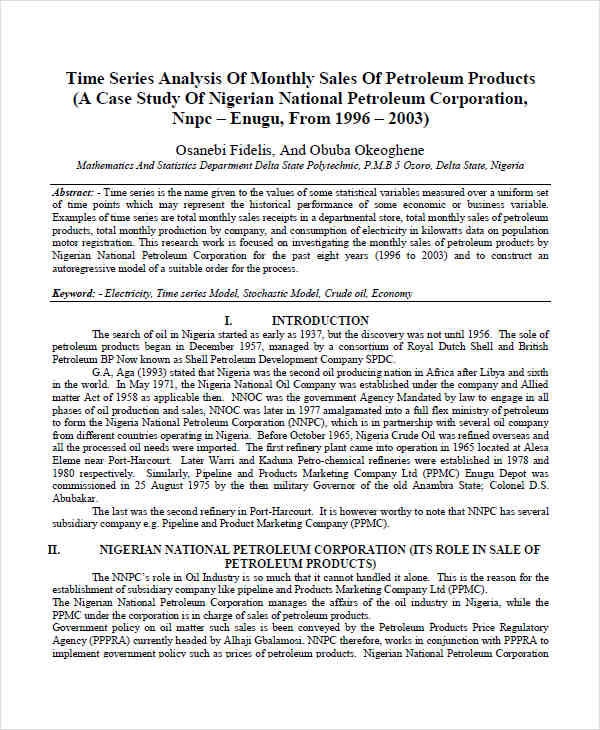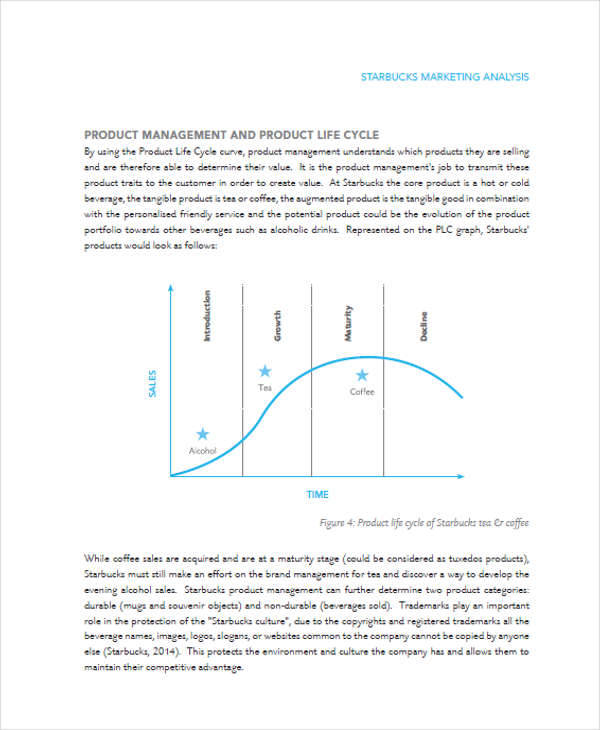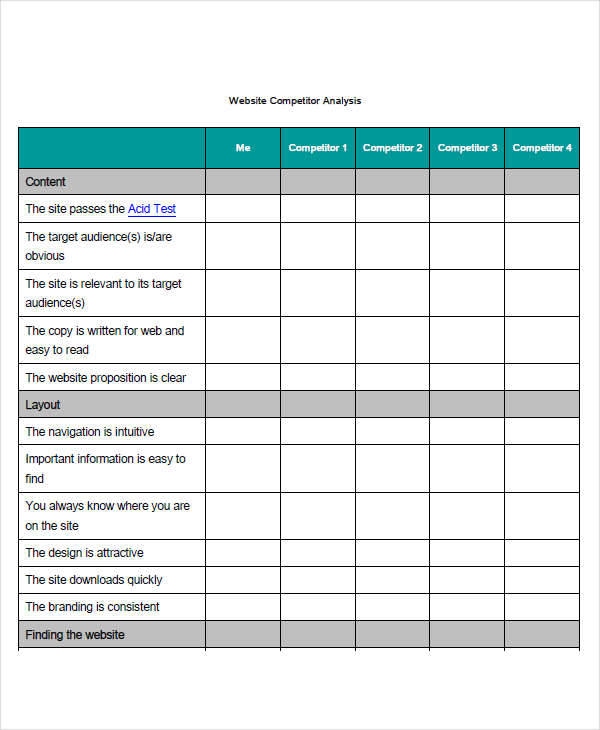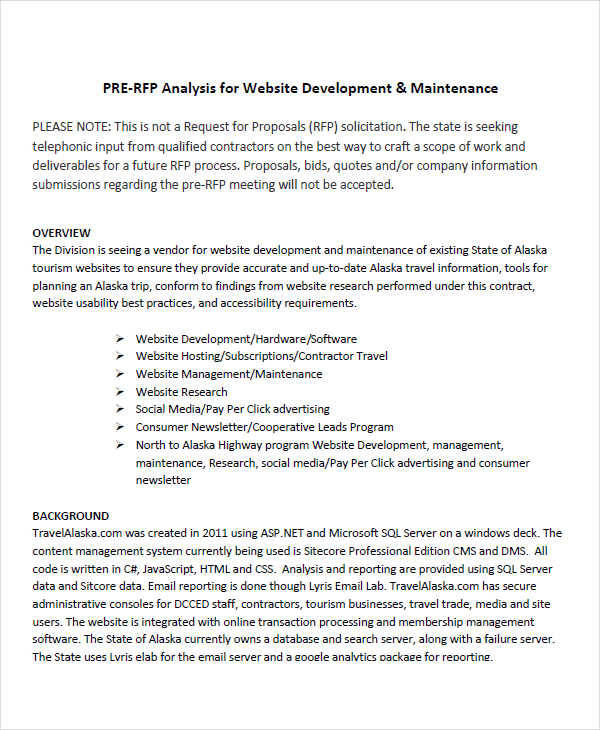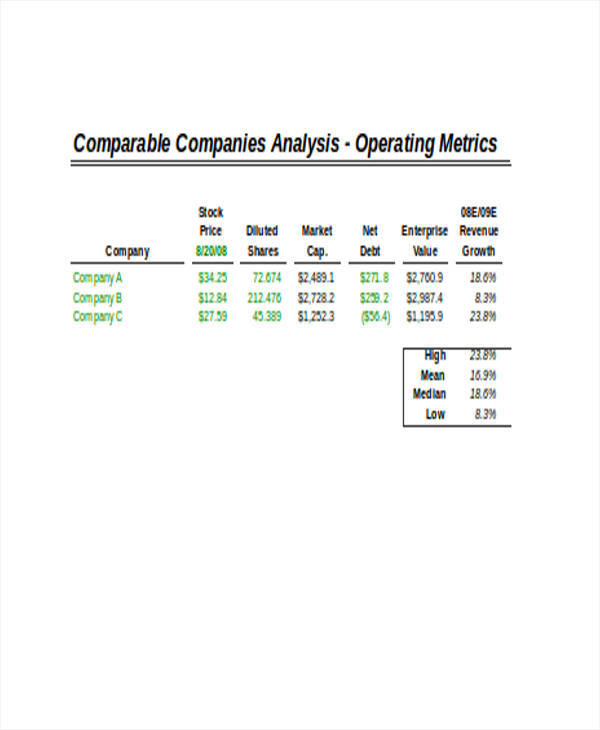An analysis is an act of reviewing collected information so as to determine the outcome of a certain strategy. It’s most commonly associated with the word strategy due to careful planning and preparations needed to be done so as to accomplish the task. There are tons of Examples of Analysis all over the net, but on this site, we don’t just show you examples of analysis—we give you examples and templates for analysis.
Writing an Analysis isn’t as difficult as it may sound. However, it does require dedication and research in conducting and creating a proper hypothesis for the outcome of a certain task. An analysis is most commonly used for business and training.
Continue reading if you want to know how and why they are used in business.
Sample Media Analysis
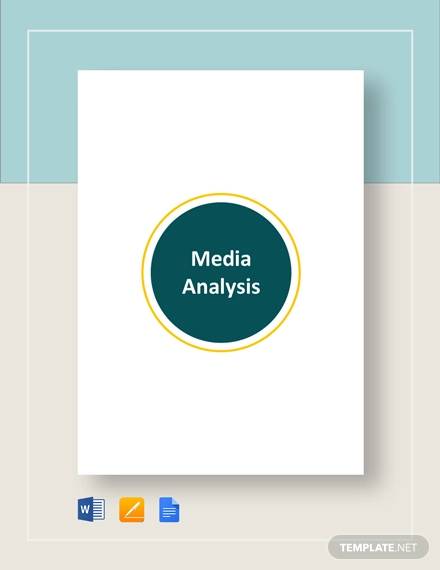
Miscue Analysis Example

Sample Brand Analysis

Capabilities Analysis
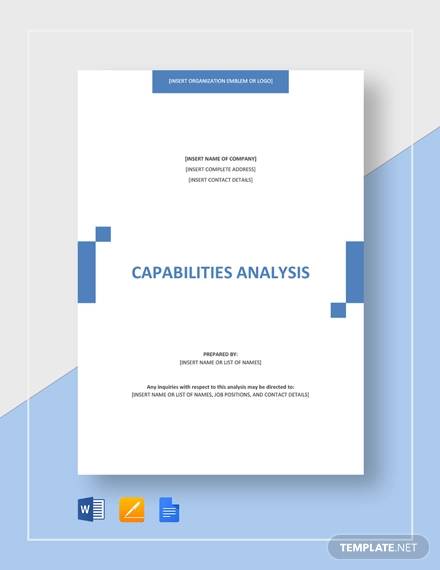
Business Analysis
Business Impact
Business Process
Business Risk
Training Analysis
Training Evaluation
What Is a Training Needs Analysis?
Training Needs Analysis is a type of analysis or investigation of the employee’s performance during their allotted training period. It is primarily used as a way to evaluate an individual’s performance during their training period so as to determine which candidate in training is more beneficial to the company or business in the long run, in the sense that observing and analyzing a person’s potential will help determine the efficiency of the company or business. It proves to be an effective way of continuing a company’s progress to its objectives and goals.
We have other Analysis Templates available if you’re interested.
How to Create a SWOT Analysis?
Before we start on how to make a SWOT analysis, we should first determine the definition of a SWOT or Strength, Weaknesses, Opportunity, and Threat Analysis. A SWOT analysis is a marketing research formula that allows for the cataloging and comparison of the company’s current strength, weaknesses, opportunity, and threat against that of other companies so as to determine changes in their current marketing strategy. Now to Make a SWOT analysis is simple, you just need to do the following:
- In a blank page draw a large square
- Then within the square split it into 4 smaller squares
- In the order from left to right starting at the top left of the box, write in each box:
- STRENGTH
- WEAKNESSES
- OPPORTUNITY
- THREATS
- Now, in each category, list down all of the company’s traits that define that category.
A SWOT Analysis is a common type of business analysis practice that is useful for the continuous progress of the company. And on this site, we have tons of Business Analysis Samples, so feel free to view them on our site.
SWOT Analysis
Office SWOT
Hospital SWOT
Restaurant SWOT
Job Analysis
Job Interview
Job Safety
Job Demand
Competitive Analysis
Restaurant Competitive
Marketing Plan Competitive
Advantages of Financial Statement Analysis
Analysis can be used for almost any type of transaction that may require research so as to develop the best possible outcome that would prove beneficiary to the researcher. This is same with the Financial Statement Analysis, in the sense where they would research and develop a strategy that would allow them to benefit financially. However, since it is a financial statement analysis, it is the collecting of the company’s financial data and reviewing them for the purpose of checking whether or not a company has been keeping track of their finances.
- It will allow you to liquidate or remove unnecessary assets to the company’s finances and regain some of its cost by selling the discarded assets to other companies or businesses.
- It will help determine a company’s earnings for the inventory or products they have on hand. It will help determine what the company should liquidate so as to regain some of its loss or to add more to their expenses to keep up with customer needs and wants.
- It will actively show how a company is performing in terms of financial stability and profits.
- Although financial statements are useful, they have certain limitations to how they function namely:
- The statements are solely dependent on the output is given by the company.
- It is easy to conduct a mistake.
Now that you know the advantages of using a financial statement analysis you can start making one to benefit your company. However, you do not have to go through the stress of making an Analysis Sample as there are well-made analysis samples you can use on this very site.
Data Analysis
Qualitative Data
Sales Data
Data Envelopment
Financial Analysis
Company Financial
Comparative Financial
Financial Risk
HR Analysis
HR Department SWOT
HR Job Analysis
Investment Analysis
Real Estate Investment
Project Investment
Investment Ratio
What Is a Job Analysis?
A job analysis is the investigation or study of a job’s requirement and conditions for hiring an employee to a certain job or position similar to how a market analysis behaves; however, instead of jobs, it focuses on marketing. For more reference on market analysis, feel free to search for our Market Analysis Samples.
The need for a job analysis is always recommended so as to give the employer a set of guidelines to follow so as to avoid future employees from being confused.
How to Do a Competitor Analysis?
A competitor analysis is the study of a rival company’s popularity and financial status, it allows for the identification of key factors that a competitor may have that your company does not, similar to how a sales analysis works; however, instead of focusing on rival companies, they focus on product differentiation and brand recognition. Learn more about sales analysis and how to make Sales Analysis Templates on this site.
Here is how to do a competitor analysis:
- Determine what type of analysis method you want to use. Personally, a SWOT analysis is more simple.
- Identify each trait that company has.
- Analyze and compare each factor with your own company’s factors.
- Suggest changes to your company’s marketing strategy.
Market Analysis
Competitive Market
Product Market
Retail Market
Product Analysis
New Product
Product Design
Product SWOT
Quality Analysis
Quality Risk
Data Quality
Risk Analysis
Project Risk
Risk Assessment
Risk Management
Sales Analysis
Product Sales
Monthly Sales
Marketing Sales
Website Analysis
Competitor Website
Website Development
Website Design
Comparable Company Analysis
Guidelines for Preparing an Analysis
- It is important to determine what is worth analyzing.
- Once you have what you want to analyze, select a method to compare traits.
- Begin collection of relevant data.
- Research and point out any inconsistencies or errors.
- Suggest ways on how to change errors into a benefit.
Now, creating an analysis can be time-consuming. However, there are already tons of well-made Analysis Examples here worth reviewing and using, so take the time to view them all, because maybe there is an example that you would be able to use properly and efficiently.
Related Posts
FREE 10+ Failure Mode and Effects Analysis Samples in PDF
FREE 10+ Make or Buy Analysis Samples in PDF
FREE 10+ Fishbone Root Cause Analysis Samples in PDF
FREE 11+ Cost Volume Profit Analysis Samples & Templates in PDF | MS Word
FREE 6+ Corporate Portfolio Analysis Samples in PDF
FREE 10+ Fault Tree Analysis Samples in PDF
FREE 10+ Comp Analysis Samples in PDF
FREE 10+ Fishbone Analysis Samples in PDF
FREE 10+ Individual Swot Analysis Samples in PDF
FREE 10+ 5 Year Analysis Samples in PDF
FREE 10+ Benefit Costs Analysis Samples in PDF
FREE 10+ Job Hazard Analysis Samples in PDF
FREE 10+ Primary Source Analysis Samples in PDF
FREE 10+ Critical Path Analysis Samples in PDF
FREE 10+ Competition Analysis Samples in PDF

